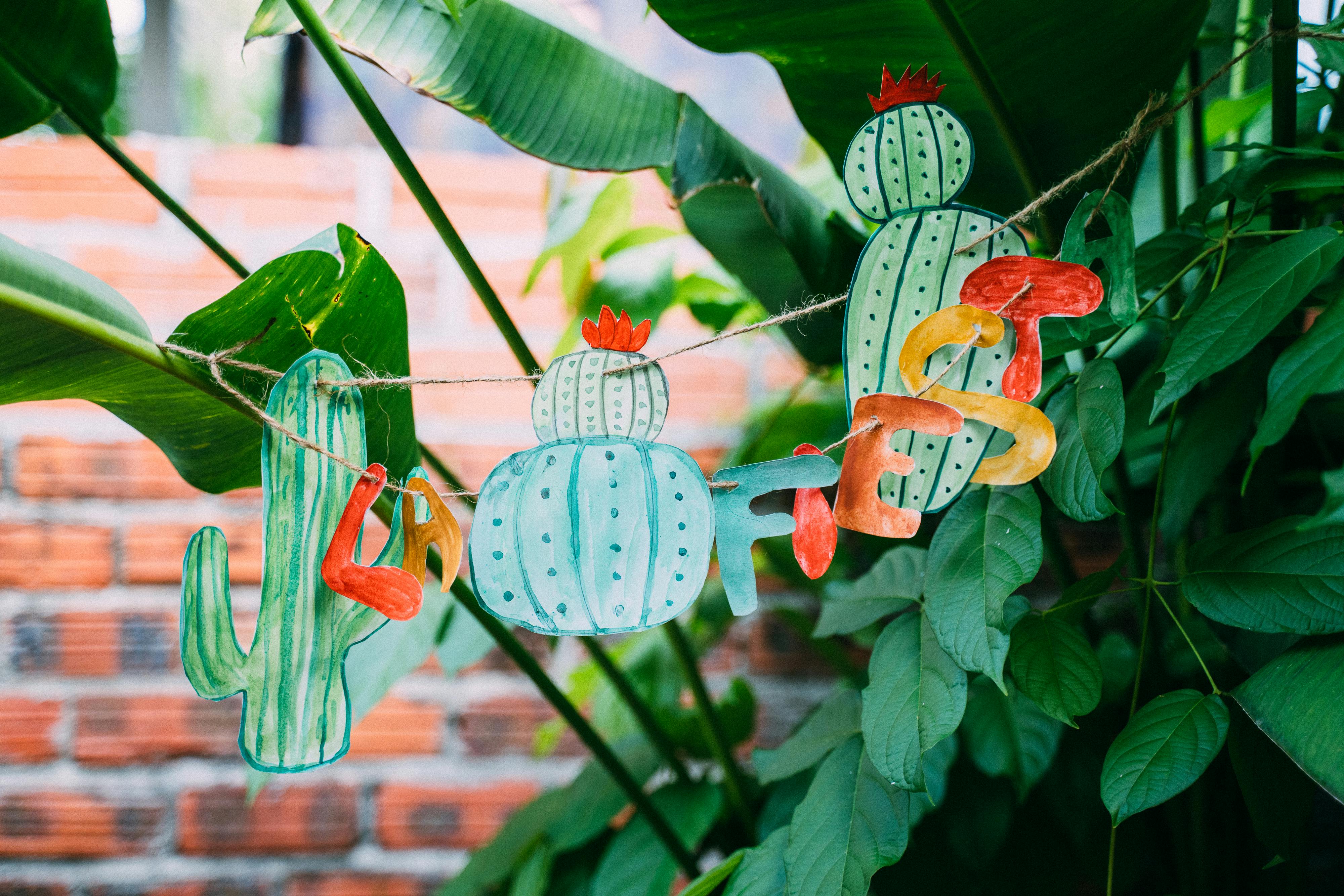Top 5 Myths About Mini Pigs: Discover The Truth Before Getting One in 2025
Welcoming a mini pig into your home can bring endless joy and companionship. However, many potential owners are misinformed about what owning a miniature pig entails. By debunking common myths, you'll be better equipped to make informed decisions before adopting one in 2025. Understanding every aspect, from their size and care requirements to their personality traits, is essential for a long-term happy relationship. In this article, we will tackle the top five myths about mini pigs and uncover the facts that will help prospective owners navigate their care. While these delightful creatures, often mistaken for full-grown pigs, can certainly be adorable, their needs may surprise you. Join us as we explore these misconceptions and prepare you for the reality of mini pig ownership!

Myth #1: Mini Pigs Stay Tiny Forever
One of the most prevalent myths is that mini pigs remain small throughout their lives. While many people envision a tiny, pocket-sized pig, the reality is that mini pigs can grow significantly larger than anticipated. Most mini pigs can reach an adult size of up to 200 pounds, depending on their breed. The term "mini" is often misleading, resulting in confusion among potential owners about their size and care requirements.
Understanding Mini Pig Size
The term "miniature pig" can vary dramatically among breeds. For instance, some breeds are only small during their initial growth phases, then tend to grow considerably larger as adults. It's essential to research the exact breed of mini pig you are interested in to understand how big you can expect them to get. This knowledge helps you plan your home accordingly, ensuring you have enough space and resources for a full-grown mini pig.
Full Size Mini Pig Realities
When adopting a mini pig, having realistic expectations regarding their adult size is crucial. Full size mini pigs often weigh between 100 to 200 pounds. This growth can happen more rapidly than expected, sometimes from a mere 2-3 pounds to over 100 pounds within the first year. Such rapid growth can catch first-time owners off guard, emphasizing the need for adequate housing, diet management, and exercise.

Myth #2: Mini Pigs Are Low-Maintenance Pets
Contrary to popular belief, mini pigs are not low-maintenance pets. Many individuals imagine adopting one will be as simple as caring for a dog or cat; however, mini pigs have specific needs that demand time, attention, and resources. They require specialized diets, suitable housing, and regular exercise to thrive.
Feeding Mini Pigs Properly
Understanding a mini pig’s dietary requirements is a primary responsibility of their care. Mini pigs are not meant to be fed scraps or leftovers, as this can significantly impact their weight and health. A balanced mini pig diet comprises a combination of commercial pig feed designed for their nutritional needs, fruits, and vegetables as treats, along with constant access to fresh water. Monitoring their diet is essential to avoid obesity and associated health problems.
Grooming and Health Checks
Regular grooming is another aspect often overlooked by new owners. Mini pigs need consistent grooming to keep their skin healthy, which includes bathing, brushing, and hoof trimming. Additionally, routine health checks are essential to monitor their overall condition. Mini pig owners must be prepared for annual vaccinations, dental care, and routine veterinary visits to ensure their pig remains healthy throughout its life.
Myth #3: Mini Pigs Are Perfect for Families
While mini pigs can be sociable and loving companions, they may not be suitable for every family dynamic. Understanding how mini pigs interact, especially with children and other pets, is vital to prevent potential conflicts.
Mini Pigs and Children
Mini pigs can have unique behaviors and temperaments that aren't always compatible with young children. It's crucial to teach children how to approach and interact with pigs calmly, as sudden movements can scare them. Parents should supervise all interactions to ensure safety and comfort for both the child and the pig. This includes understanding the signs of distress in mini pigs, allowing children to learn about their new companion's needs.
Compatibility with Other Pets
Another aspect of family life that can be challenging is the mini pig's interaction with existing pets, particularly dogs. While pigs can adapt well, introducing them to dogs should be done slowly to ensure everyone’s safety. Understanding each animal's behavior is paramount to fostering a peaceful environment.
Myth #4: Mini Pigs Can Live Outdoors Year-Round
While mini pigs can adapt to outdoor living, they cannot be left outside year-round like other livestock animals. They require shelter, which provides protection against harsh weather, both in winter and summer. Moreover, during the colder months, climate considerations become critical for a mini pig’s wellbeing.
Indoor vs. Outdoor Mini Pig Care
Proper care for an indoor mini pig involves choosing a safe and comfortable space for them to roam and play. This means giving them a designated pig-proof area with stimulation through toys and activities. Conversely, outdoor mini pigs need a secure pen that protects them from predators while providing enough space to move around and explore.
Understanding Mini Pig Needs
Regardless of where they live, mini pigs require socialization and mental stimulation. They thrive on interactions not only with humans but also with other animals. Engaging them in play is beneficial for their development and happiness. Combining indoor and outdoor living can provide a well-rounded experience, ensuring their emotional and psychological needs are met.
Myth #5: All Mini Pigs Are Health Issues Free
It is a misconception that mini pigs are free from health concerns. Like all animals, they can be susceptible to various diseases and conditions if not cared for properly. Responsible ownership involves understanding these potential issues and being prepared to seek appropriate veterinary care.
Common Health Concerns for Mini Pigs
Obesity is one of the leading health concerns affecting mini pigs. Owners often underestimate their pet’s caloric intake, leading to excessive weight gain that can cause joint and heart problems. Regular weight checks and adhering to proper dietary guidelines help mitigate this issue.
Routine Health Care
Furthermore, mini pigs can be affected by skin issues, dental problems, and other diseases common in pigs. Regular veterinary visits for check-ups, vaccinations, and proactive care are essential to keeping them healthy. Understanding these factors equips you with the right tools to ensure a long and happy life for your pig.
Conclusion
In summary, while mini pigs can bring joy and companionship into your life, it is vital to approach their care with accurate information. Understanding the truths behind common myths regarding their size, maintenance requirements, and health concerns can prepare you for a rewarding partnership. As you consider adopting a mini pig, be sure to research thoroughly and prepare adequately for the challenges and joys ahead. To learn more about mini pigs, including care tips and adoption advice, explore further at this guide and delve into the exciting world of miniature pigs today!
